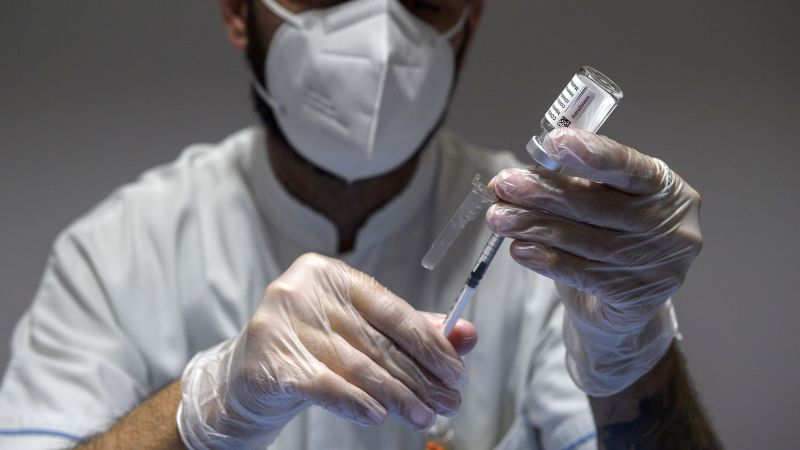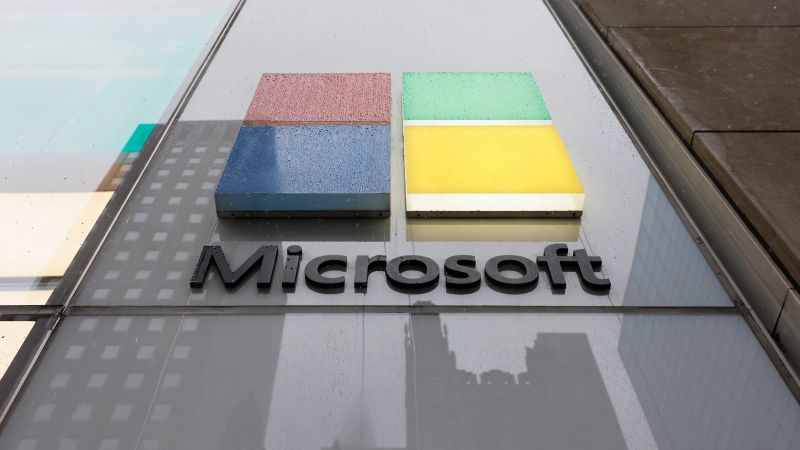Staff of Reuters 3 Minutes to Read (Reuters) – TOKYO, July 5 (Reuters) – Japanese stocks fell on Monday, with the Nikkei hitting a two-week low, as mounting COVID-19 infections in Japan and overseas weakened cyclical shares, despite a Wall Street surge following solid U.S. jobs data. The cautious tone was heightened by Prime Minister Yoshihide Suga’s Liberal Democratic Party (LDPpoor )’s performance in a municipal election on Sunday. “The LDP’s comeback has been sluggish, raising concerns about the 2019 general election,” said Mizuho Securities senior strategist Nobuhiko Kuramochi. The Nikkei 225 fell 0.64 percent to 28,598.19, its lowest closing in two weeks, while the Topix fell 0.37 percent to 1,948.99. After jobs statistics for June revealed healthy hiring but minimal evidence of pay inflation, Wall Street shares touched fresh record highs on Friday, indicating a clear underperformance. On mounting concerns over the Delta variant of COVID-19, many cyclical stocks fell, headed by steelmakers, one of the most vulnerable sectors to the global economy. JFE Holdings was down 4%, while Nippon Steel was down 3.5 percent. Coronavirus cases have been on the rise in Tokyo for the past two weeks, reaching a five-week high, sparking fears that the government could announce its third state of emergency this year. Softbank Group, meanwhile, dropped 5.4 percent to seven-month lows after China’s cyberspace regulator ordered smartphone app retailers to cease selling Didi Global Inc’s app after discovering that it had illegally obtained users’ personal data. Softbank is a major investor in a Chinese ride-hailing startup called Didi Chuxing. On the other hand, some civil engineering firms benefited after landslides prompted by severe rains swept away 130 buildings in the central city of Atami over the weekend. Raito Kogyo, a construction company specializing in slope and foundation improvement, increased its stock by 1.3 percent. CE Management Integrated Laboratory, which provides geological survey and disaster prevention solutions, saw a 3.1 percent increase in its stock price. (Hideyuki Sano contributed reporting, and Shailesh Kuber edited the piece.)/n
Read MoreNikkei hits 2-week low as virus, political concerns outweigh Wall Street boost
2021-07-05T06:24:28-04:00July 5th, 2021|





